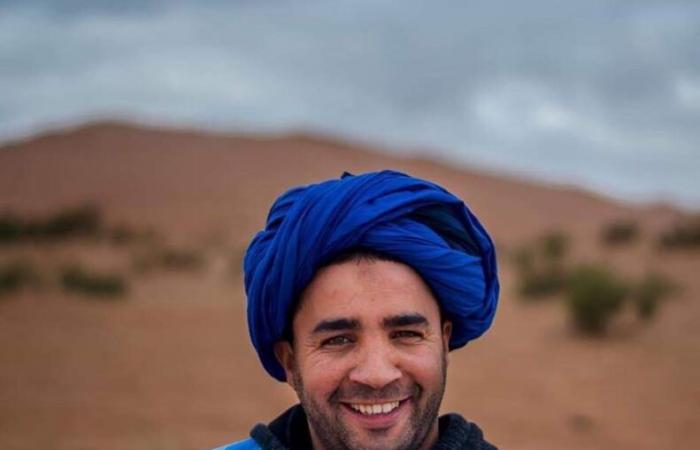- Winter tourism in our country attracts the desire of tourists from all walks of life and/where ski resorts play an important economic role. What are the main consequences of the lack of snow and rain on tourist activities in the mountains?
We have also observed an evolution in tourist expectations in recent years. They are looking for more diverse experiences and want to discover a multitude of facets of a destination in a limited time, fifteen days maximum. Mountain tourism only represents part of their stay, and its duration is often reduced to two days on average.
The optimism of tourism professionals is often linked to weather forecasts. Snowfall warnings generate renewed interest and can cause activities to be concentrated into short periods. Beyond the tourism sector, the economic consequences of the lack of snow have repercussions on local employment and the economic development of mountainous regions.
- What are the challenges facing local communities dependent on winter tourism?
Our main difficulty lies in the winter drought which particularly affects the ski resorts of Oukaïmeden, Toubkal and Ifrane-Michlifen. In addition, global warming poses a major challenge in summer. It is urgent to develop mountain villages and find economic alternatives for slow periods. The great crossing of the High Atlas, which required 22 days of walking, is no longer feasible due to environmental changes.
- How are ski resorts adapting to these climate changes? What new activities are proposed as alternatives?
As you know, tourist guides are divided between city guides and tourist circuits and natural area guides. Although Law 05.12 relating to the organization of tourist guides offers a possibility of professional retraining, its application is still awaited.
Many experienced guides wish to change their specialty but are blocked by the absence of regulatory text. We recently demonstrated, on December 4, in front of the headquarters of the Ministry of Tourism, to demand the acceleration of this procedure. In the meantime, we work closely with travel agencies.
To face these challenges, it is essential to develop a strategy for diversifying mountain tourism activities. This can involve promoting other outdoor activities (hiking, mountain biking, etc.), developing cultural and heritage tourism, or even organizing events throughout the year.
- How to develop sustainable and attractive mountain tourism all year round?
The inhabitants of the villages must also preserve these natural resources, by involving them in the management of said natural resources and in tourism development, so that they become true ambassadors of their territory.
Travel agencies have a key role to play. They should be encouraged to integrate mountain stays into their offers, with an emphasis on lesser-known destinations in the Small Atlas, the Middle Atlas and the Great Atlas. Without forgetting to support residents in the event of a natural disaster: earthquake, floods, fires…to help them continue their activities.
Collected by
Safa KSAANI






